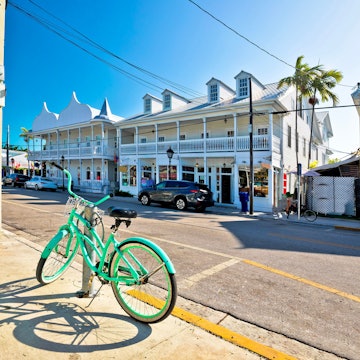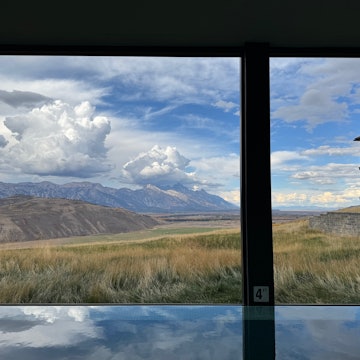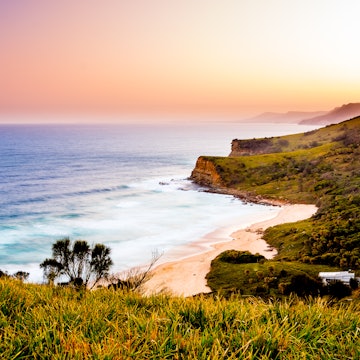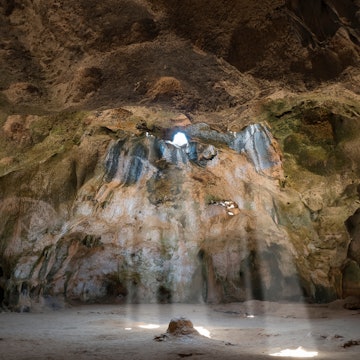
Yosemite National Park to temporarily close due to expected snowmelt flooding

Apr 28, 2023 • 2 min read

Yosemite National Park will temporarily close due to forecasted flooding.
Starting Friday, April 28 at 10 p.m., most of Yosemite National Park will close due to forecasted flooding from snowmelt.
The Yosemite Valley closure is currently scheduled through May 3, but the park's Twitter account cautioned it could be extended if necessary. All reservations for campgrounds and lodging during the closure will be refunded, they said, and visitors can reschedule wilderness permits.
The Sierra Nevada region, which also includes Lake Tahoe and Mount Whitney, reported historically high levels of snowfall this winter, and starting this week is seeing temperatures 15 degrees above normal due to an early-season heat wave. The park’s Merced River was expected to reach flood levels by Thursday night.
The affected area is east of the El Capitan Crossover: Yosemite Village, Curry Village, The Ahwahnee, Mist Trail, and Mirror Lake. Limited areas will remain open to the public, including Wawona, Mariposa Grove (hiking only), Crane Flat area, Hetch Hetchy, and western Yosemite Valley.
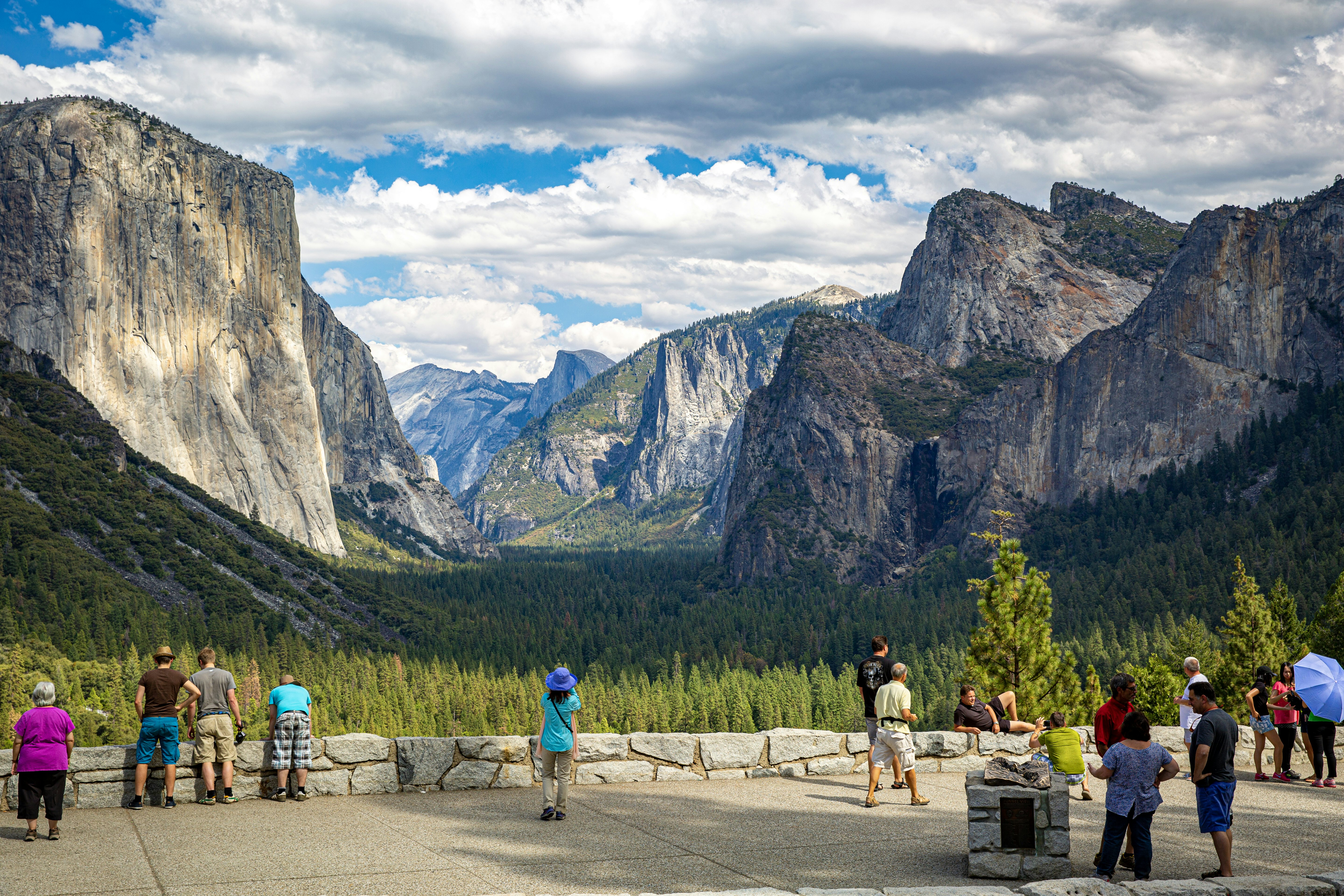
The closure comes at the beginning of what the park's site says is traditionally the "perfect season for waterfalls," and is the start of the busy season, which runs from May to October. Yosemite was just beginning to emerge from the impact of a winter that brought record-breaking snowfall and, before that, a summer of damaging wildfires. The park has worked to shore up its proactive closures since its worst-ever flooding in 1997 stranded thousands of visitors and washed away roads and campgrounds.
Via Twitter, the park said western Yosemite Valley could become extremely traffic-congested as a result of the closure of the rest of the park, and cautioned visitors to expect "very limited opportunities for hiking and other recreation," and that emergency response times could be delayed as well: "Rivers in Yosemite will be flowing very high and will be extremely dangerous. Do not enter or approach them."
Across California, multiple areas are facing what UCLA climate scientist Daniel Swain is calling "The Big Melt," as an early heat wave moves in following record-cold winter temperatures and snowfall.







